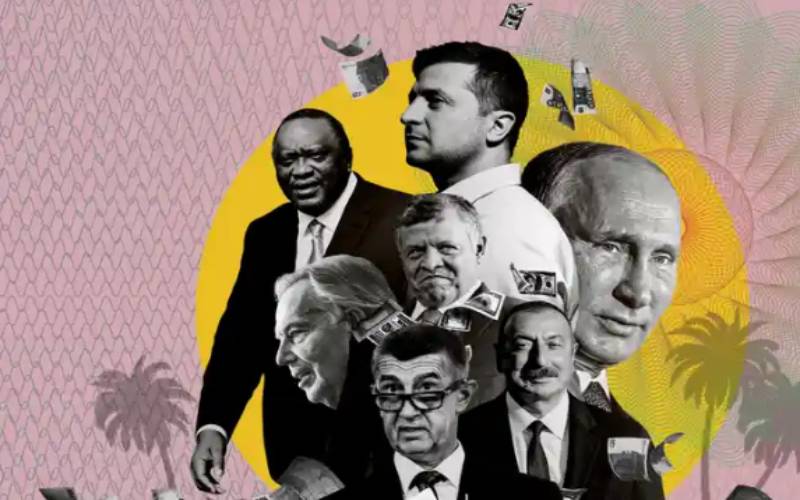×
The Standard e-Paper
Join Thousands Daily

President Uhuru Kenyatta is in the Pandora Papers. [Courtesy, Guardian]
On Sunday, news on secret offshore companies owned by world billionaires and at least 330 top politicians from 90 countries broke.